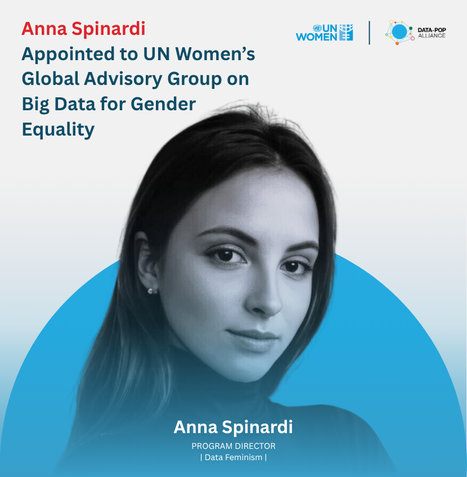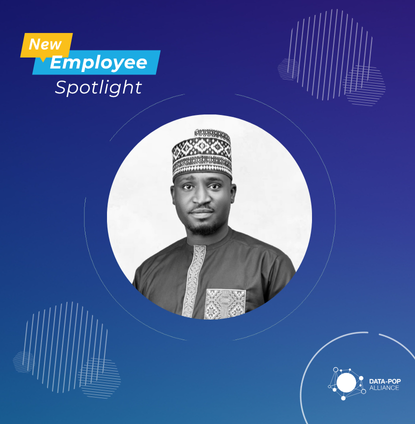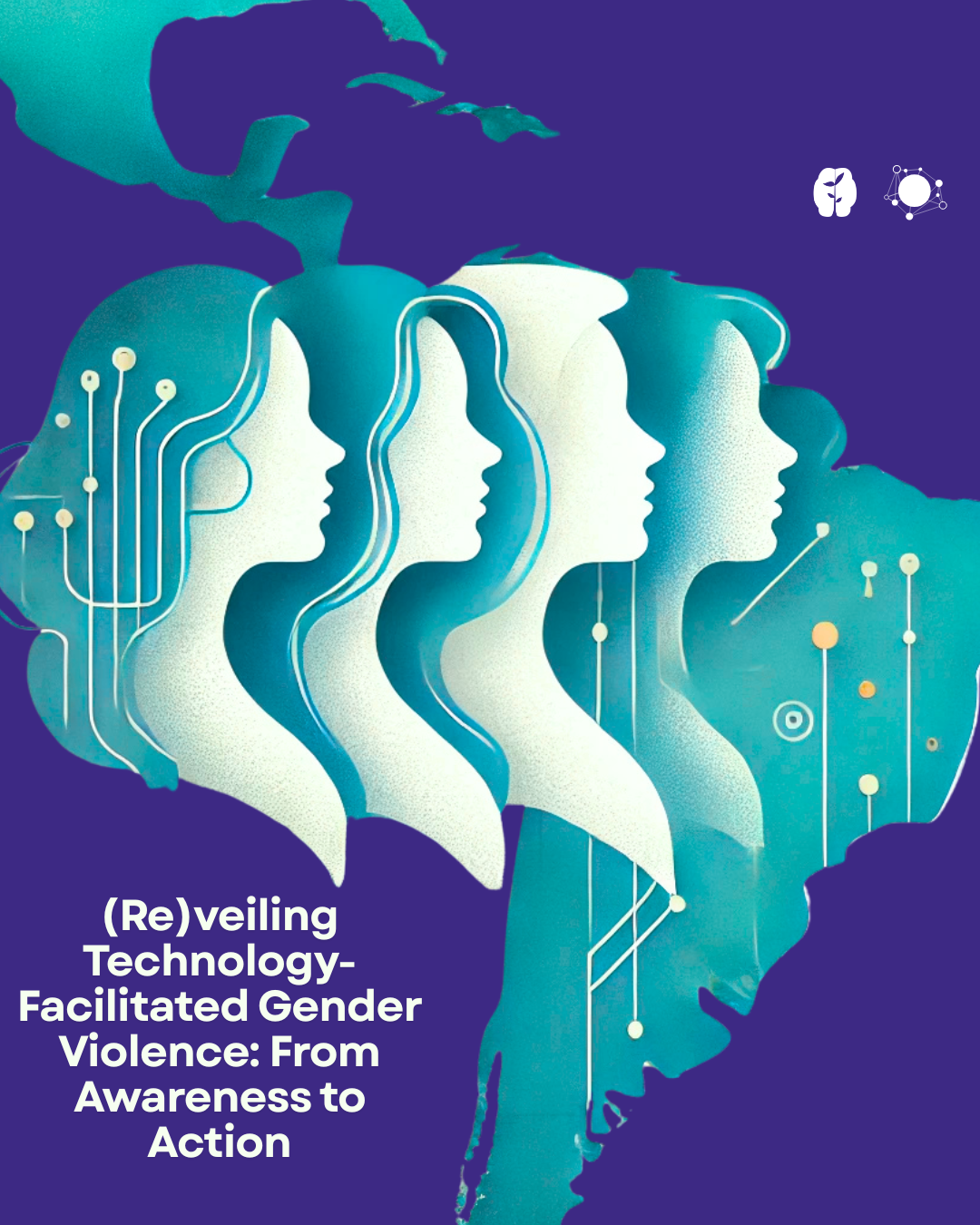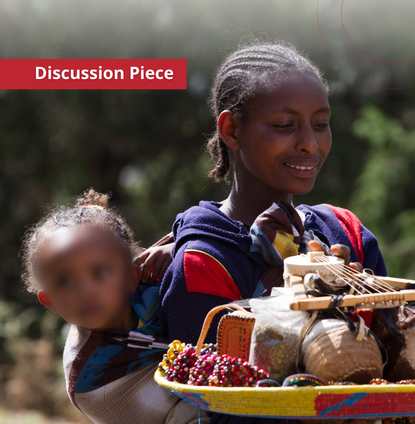Data–Pop Alliance has been conducting ongoing research on Big Data, climate change and environmental resilience. With funding from the UK’s Department for International Development (DfID), we published a synthesis report evaluating the opportunities, challenges and required steps for leveraging the new ecosystem of Big Data and its potential applications and implications for climate change and disaster resilience. The report fed into the World Humanitarian Summit to be organized in Istanbul in May 2016.
This is the second podcast in a series of companion pieces that offer insights from the synthesis report.
This companion podcast to the synthesis report “Big Data for Climate Change and Disaster Resilience: Realising the Benefits for Developing Countries,” funded by UK’s Department for International Development (DfID), was designed to probe experts to speak more about their work and their ideas about the potential and challenges of Big Data.
Titled “Mark Iliffe on Participatory Geography, Flood Mapping, & Private Enterprise vs. Government Action” this podcast features expert Mark Iliffe. Mark speaks about his work in developing flood maps through digital footprint data, such as call detail records (CDRs) and crowdsourced geographic data, in Africa. Mark also acknowledges the importance of guidelines for ethical data use and data protection laws.

Mark Iliffe (@markiliffe)
- Dr. Mark Iliffe is geographer working and researching the intersection of participatory geography, data science and international development. He has a PhD on participatory geography and is currently a NeoDemographics Research Fellow at Nottingham University Business School.
For more on our series:
Read the summary of the DfID videos and podcasts
Listen to the full playlsit of podcasts








